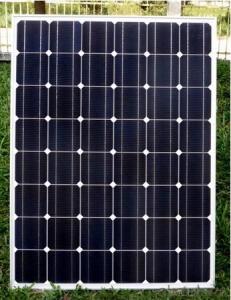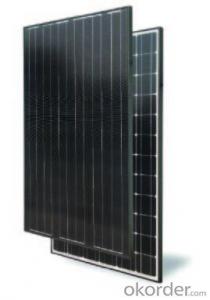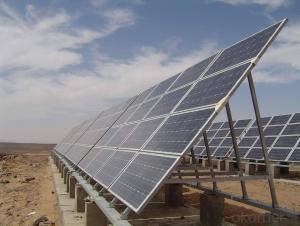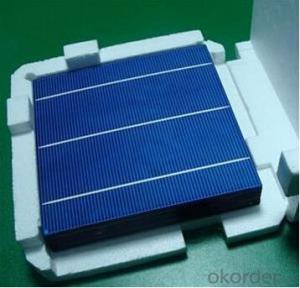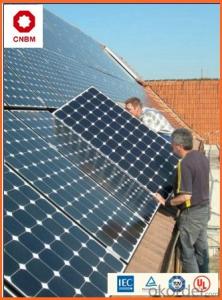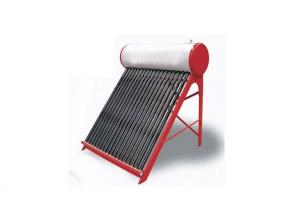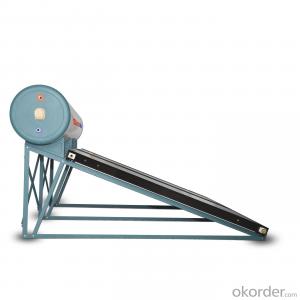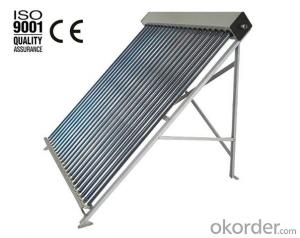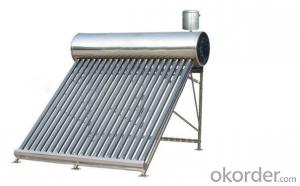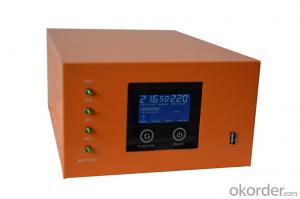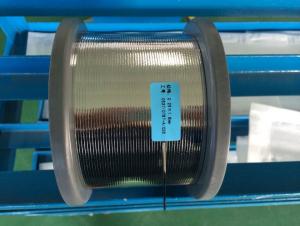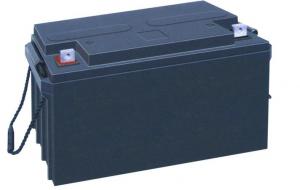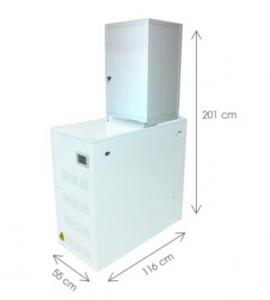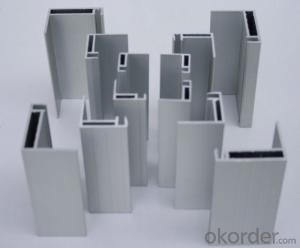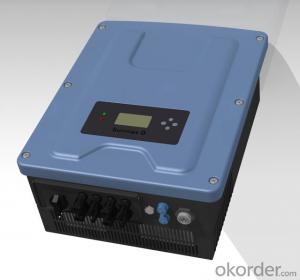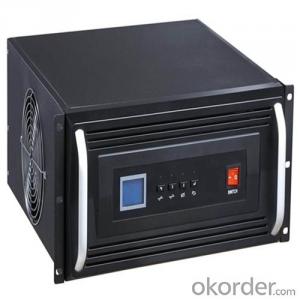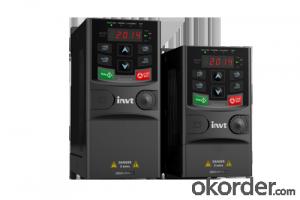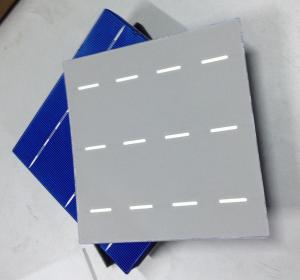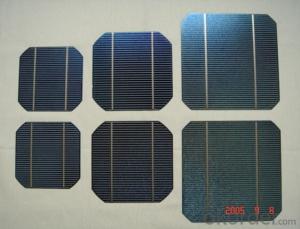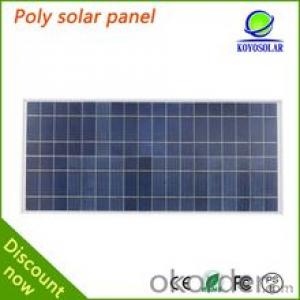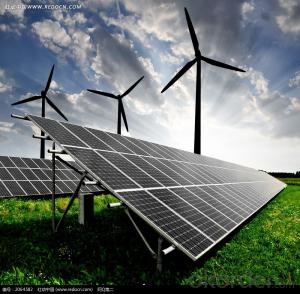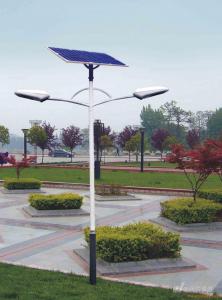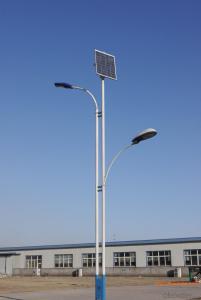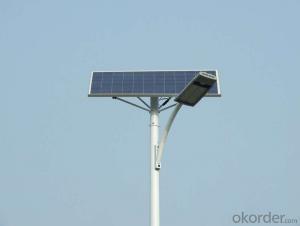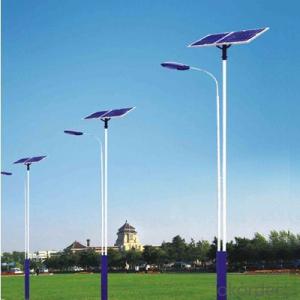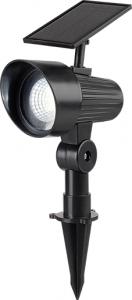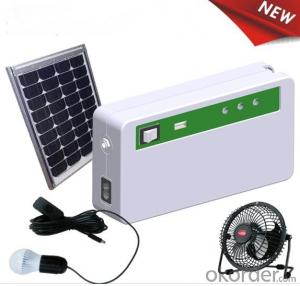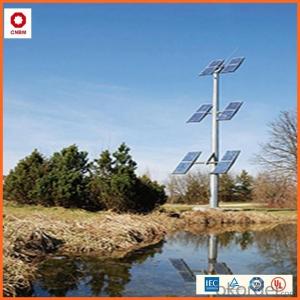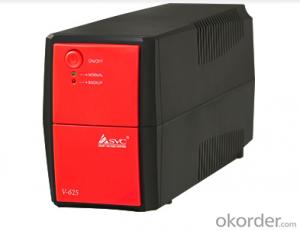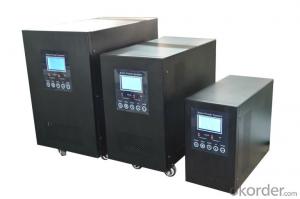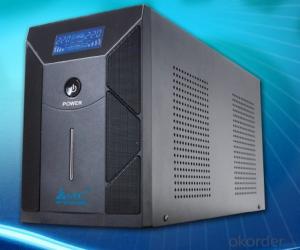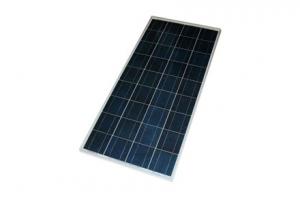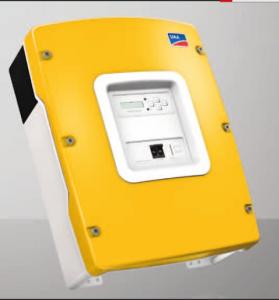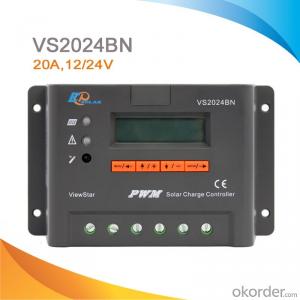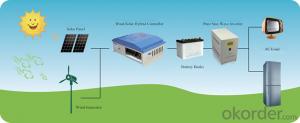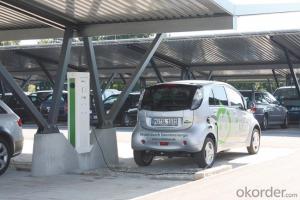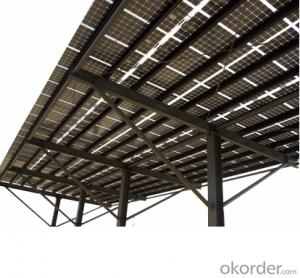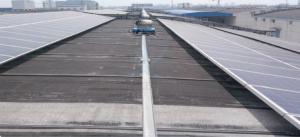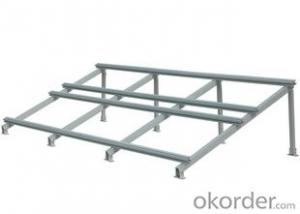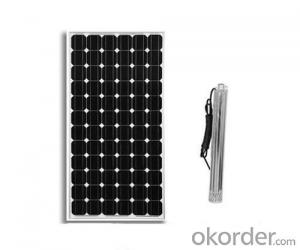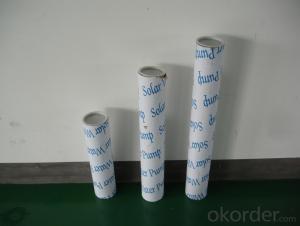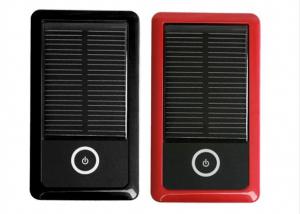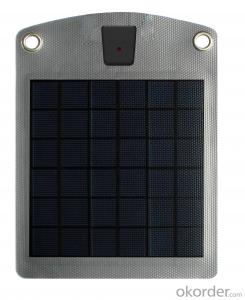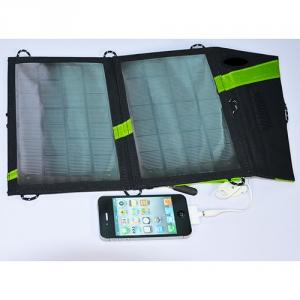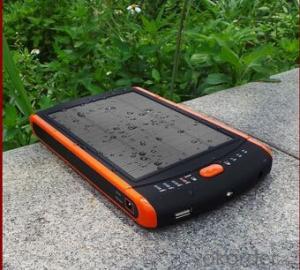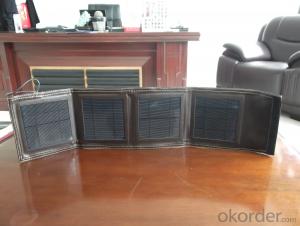All Categories
- - Steel Wire Rod
- - Steel Coils
- - Steel Profiles
- - Steel Pipes
- - Stainless Steel
- - Tinplate
- - Special Steel
- - Steel Sheets
- - Steel Rebars
- - Steel Strips
- - Hot Rolled Steel
- - Cold Rolled Steel
- - Pre-painted Steel
- - Seamless Steel Pipe
- - Welded Steel Pipe
- - Hollow Steel Tubes
- - Galvanized Pipe
- - Stainless Steel Coil
- - Stainless Steel Sheet
- - Stainless Steel Plate
- - Stainless Steel Strips
- - Electrolytic Tinplate Coil
- - Electrolytic Tinplate Sheet
- - Stainless Steel Rebars
- - Solar Panels
- - Solar Water Heater
- - Solar Related Products
- - Solar Inverter
- - Solar Cells
- - Solar Light
- - Solar Energy Systems
- - Solar Controllers
- - Solar Mounting System
- - Solar Pump
- - Solar Chargers
- - Fiberglass Chopped Strand
- - Fiberglass Mesh Cloth
- - Composite Pipes
- - FRP Pultrusion Profiles
- - Fiberglass Mat Tissue
- - Fiberglass Fabrics
- - Fiberglass Mesh
- - Composite Tank
- - Fiberglass Mesh tape
- - Polymer
- - FRP Roofing Panel
- - Fiberglass Roving
- - Monolithic Refractories
- - Ceramic Fiber Products
- - Refractory Bricks
- - Raw Materials For Refractory
- - Suspended Platform
- - Cranes
- - Concrete Machinery
- - Earthmoving Machinery
- - Building Hoist
- - Road Building Machinery
- - Plastic Pipe Fittings
- - Plastic Tubes
- - Plastic Sheets
- - Agricultural Plastic Products
- - Plastic Nets
 All Categories
All Categories
Solar PanelsView More
Solar Water HeaterView More
Solar Related ProductsView More
Solar InverterView More
Solar CellsView More
Solar LightView More
Solar Energy SystemsView More
Solar ControllersView More
Solar Mounting SystemView More
Solar PumpView More
Solar ChargersView More
Q & A
How does a solar water heater work?
A solar water heater works by capturing the energy from the sun and using it to heat water. It consists of solar collectors, which are usually mounted on the roof, that absorb the sunlight and convert it into thermal energy. This energy is then transferred to a fluid, usually water or a mixture of water and antifreeze, circulating through the collectors. The heated fluid is then pumped into a storage tank where it can be used for various purposes, such as bathing or heating. In some systems, a backup heating element is included to ensure hot water availability during cloudy days or high demand periods. Overall, solar water heaters are a sustainable and efficient way to utilize solar energy for heating water.
Are there any safety concerns with solar energy?
Yes, there are some safety concerns associated with solar energy. One of the main concerns is the potential risk of fire during installation or maintenance if proper precautions are not taken. Additionally, there is a risk of electrical shock if the system is not properly installed or maintained. However, these risks can be mitigated by following strict safety codes and regulations, using certified installers, and conducting regular inspections and maintenance.
How do solar-powered communication systems work?
Solar-powered communication systems work by utilizing solar panels to convert sunlight into electricity. The solar panels capture the sunlight and convert it into direct current (DC) electricity. This electricity is then stored in batteries or used immediately to power the communication equipment such as radios, satellites, or cellular towers. The stored energy in the batteries ensures continuous operation of the communication system even during periods of low sunlight or at night. This sustainable and renewable energy source enables remote communication in areas without access to traditional power grids, making it an efficient and environmentally friendly solution.
How long does it take to install solar panels?
The time it takes to install solar panels can vary depending on various factors such as the size of the system, the complexity of the installation, and the availability of resources. On average, a residential solar panel installation can take anywhere from a few days to a few weeks. Commercial installations may take longer due to larger system sizes. It's best to consult with a professional solar installer to get a more accurate estimate based on your specific project requirements.
Can solar energy be used for powering outdoor cameras?
Yes, solar energy can be used to power outdoor cameras. Solar panels can be installed near the cameras to harness sunlight and convert it into electrical energy, providing a sustainable and reliable power source for outdoor surveillance systems. This eliminates the need for traditional electrical wiring and reduces the environmental impact of camera installations.
Wholesale Solar Energy Products from supplier in Bolivia
With our expertise and support, you can confidently embark on solar energy projects in Bolivia and contribute to the country's sustainable development. Contact us today to explore the possibilities and start making a positive impact with solar energy in Bolivia.
